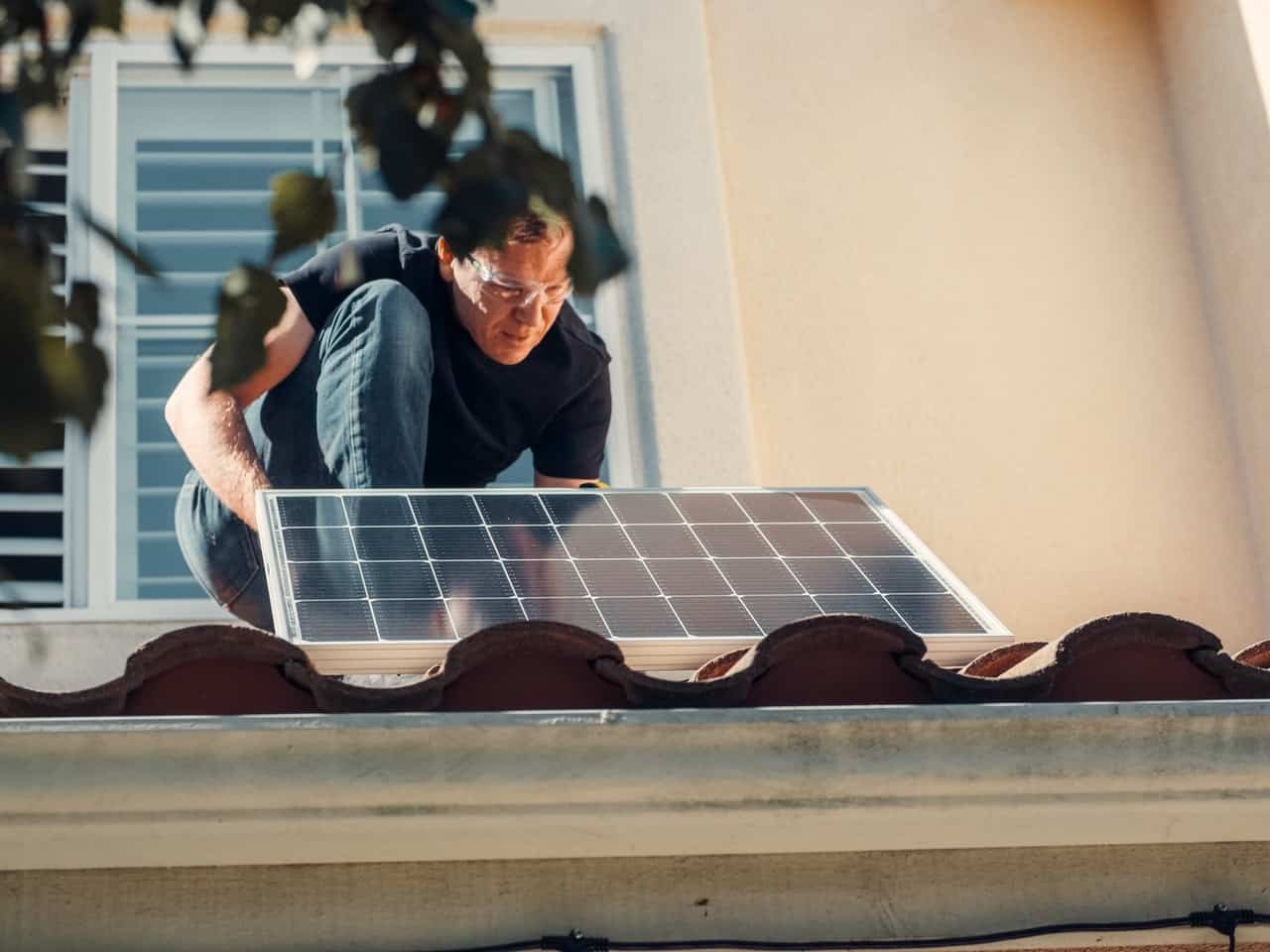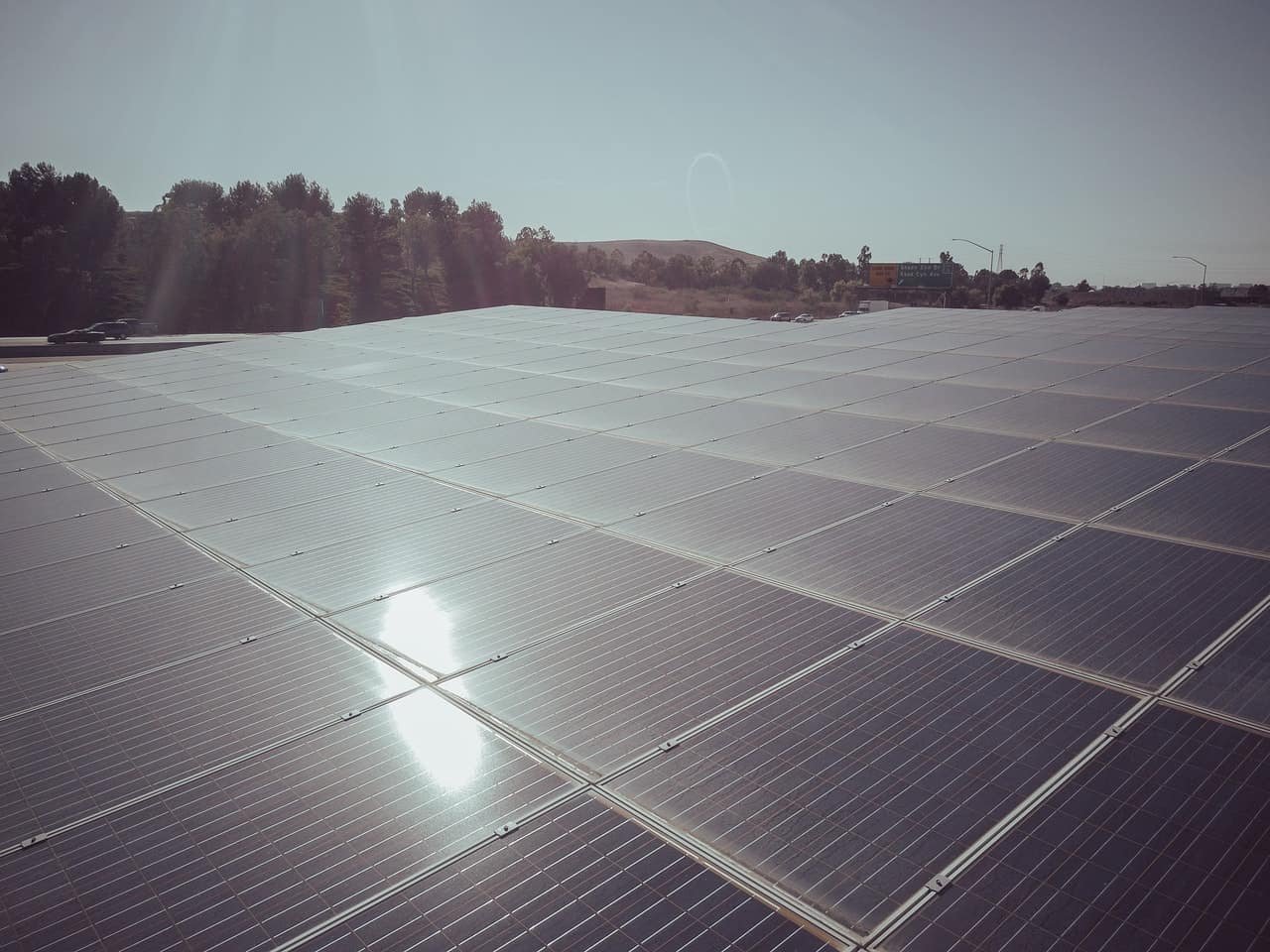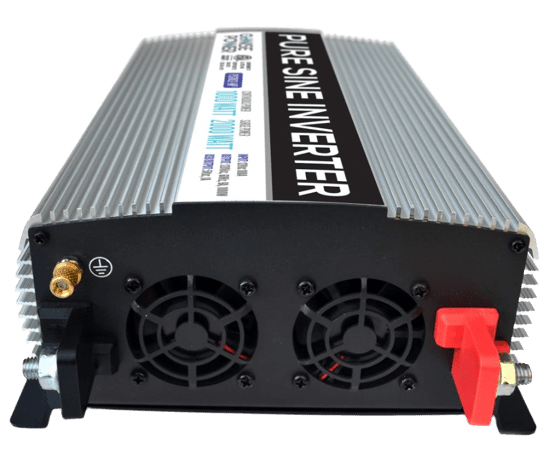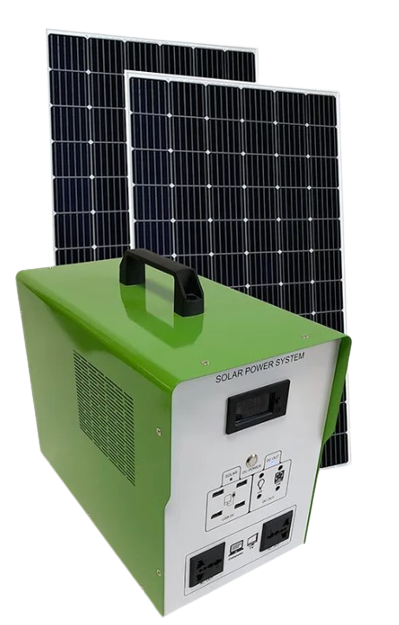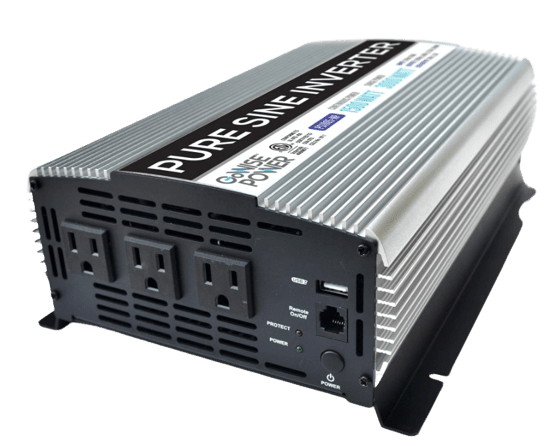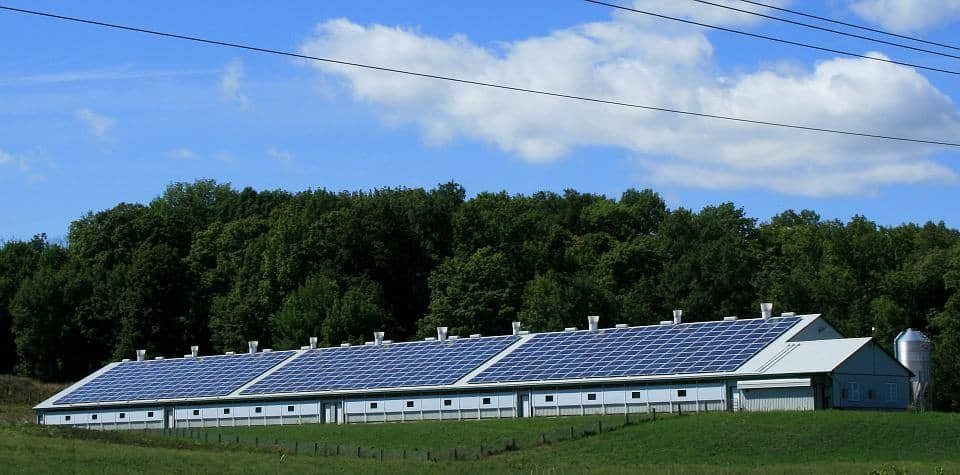Solar panels are costly, easily costing $15,000 just to get a basic system. Adding installation fees on top of that can break the bank. While some people may find that they want to work on their solar themselves to save money, others may want to work with a professional.
Both options are valid, and there are pros and cons to each. However, if you are deciding to go with a professional, you will want to make sure you take the time to pick the company that works best for you.
How Much Does Installation Cost on Average?
According to studies from the US Department of Energy’s National Renewable Energy Laboratory, the labor for the installation of a solar system is about 10% of your total cost. (1)
This may not seem like much, but with the high cost of even standard solar systems, it can be quite a bit of money you save. For example, the average cost for a solar system is around $18,000 to $20,000. This means you can save anywhere between $1,800 and $2,000 by installing the system yourself. (2)
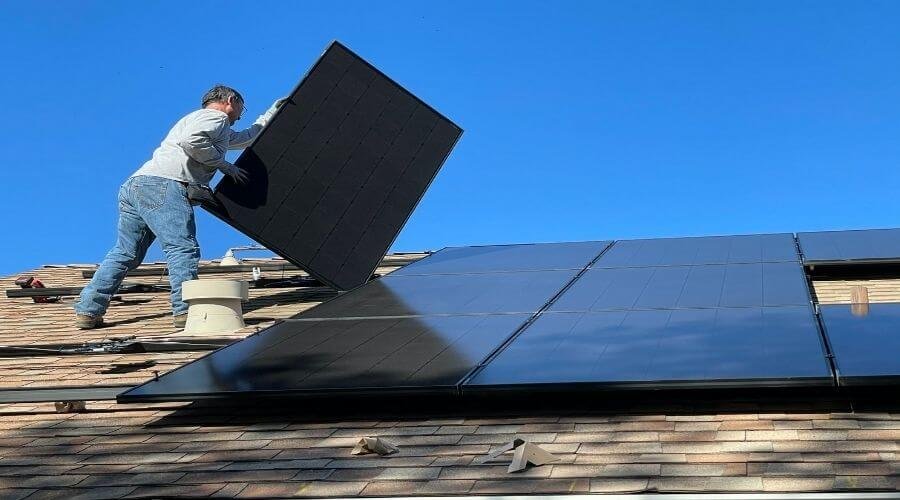
If you want to get a good idea of how much money you might be paying for installation, you can also look at the cost per watt. On average, you can expect to pay about 50 cents per watt for labor. Each company and state is a little different, but that can give you a fairly good idea of what you will be spending.
Many companies are fairly open and honest about their labor as well. If you ask, they may be able to give you a quote before you invest.
What Do You Get For the Price?
If you know anything about roofing and electricity, you may be thinking you can install your solar system yourself. This is entirely possible. With a little research, you can properly install your solar setup without a problem and with just a day or two of labor.
However, there are some reasons why it may be beneficial to have professionals install your solar system. The first is to make sure you are doing it right. Professionals can make sure the wiring is the right size, the panels are in an ideal location, and can make the setup look nicer with cord and cable management.
They also can ensure that permits, if required, are handled properly. Some locations require permits before installing solar, so having a professional that knows what is expected in your area and can ensure they do the paperwork well is preferable sometimes.
Some areas may not even allow solar panels to be installed without a professional due to the dangers of fires or injury that can occur when people install solar themselves. (3)
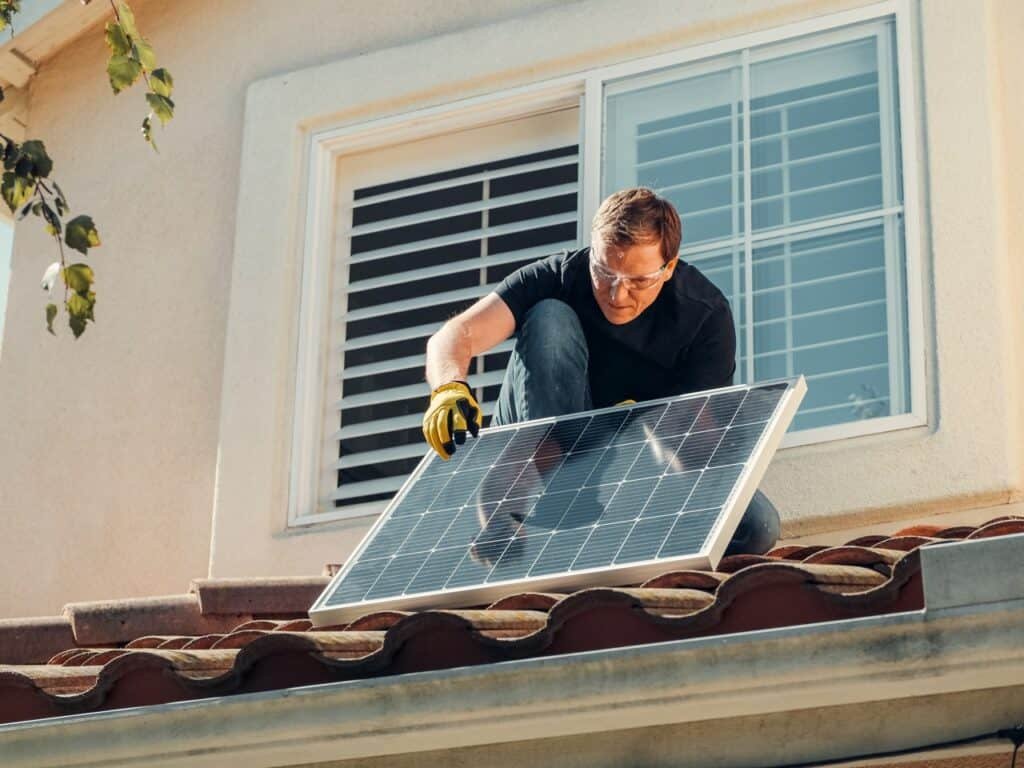
The final benefit is sometimes you cannot get certain rebates or tax credits unless the system has been installed by a professional. While most of the time, it just matters how much you spend on the system, and not who installs it, it is always good to check, just in case.
Right now, the federal solar tax credit accounts for about 30% of what you spent on the solar system, including products, materials, inspections, and labor. This is the case up until 2032. So as long as you correctly record everything, you can easily get the cost of professional labor taken off of your total bill. (4)
Unfortunately, this only applies if you actually owe any money, as you won’t get money back from the tax credit. It can be applied for a couple of years in a row, though, so you don’t have to try and use it all at once in the same year.
You also still have to pay the initial cost, which can be pretty high, and you will only get the money back at the end of the tax season.
Related Articles:
How to Compare Solar Installers
Not every solar installer is created equally. Some are far more qualified than others, and some only work with specific systems.
When you are looking for a solar system installer, there are a few things you want to look at before you pick one to work with.
The first is to look at online reviews. If you have friends, family, or acquaintances that have had solar installed on their property, you can always ask them for recommendations as well.
They can tell you if they enjoyed the professionals they worked with, but they can also tell you if they didn’t, so you know who to avoid.
When you are looking for reviews online, you want to make sure you are using third-party sources. By looking at a company’s websites, you are likely only going to get biased reviews.
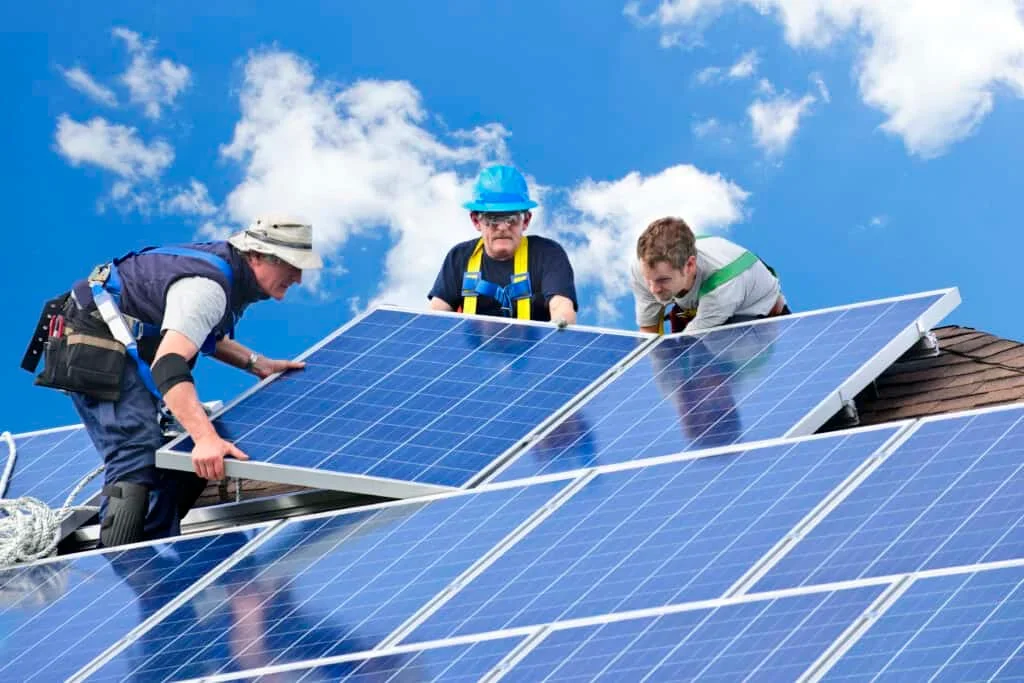
After getting these reviews, you should be able to narrow your options down to two or three companies. Now, you can actually start talking to the companies and finding out more information.
When you talk to companies, it’s always a good idea to ask them a few questions. This can help you narrow down your options even more and find the company that works best for you.
Some common questions you can ask if you are unsure of where to start, are:
- What price range are they expecting installation to cost?
- Which products and companies do they use?
- Are there certain installations they specialize in?
- Do they use subcontractors or their own staff?
- If they use subcontractors, what is the name of the company they use?
- Do they offer warranties on their work and what do they look like?
- What does scheduling look like?
- What would they expect the timeline to look like from start to finish?
- If they offer packages for the amount of solar and other equipment, how flexible are the packages to your needs?
- Do they require minimum amounts of solar panels, or do they have a maximum they will do?
By the end of these questions on all the companies you are still looking at, you should have a good idea of which company you’d like to work with. It doesn’t matter the reason why you pick one team over the others, as long as you’ve considered them all carefully.
It may be the price, the companies they use, whether they subcontract or not, or just the one that works best with your schedule.
Citations
- Friedman. (2013, October). Photovoltaic Systems Costs. Benchmarking Non-Hardware Balance-of-System (Soft) Costs for U.S. Photovoltaic Systems, Using a Bottom-Up Approach and Installer Survey. https://www.nrel.gov/docs/fy14osti/60412.pdf
- Modernize. (2023, February 16). Solar Panel Installation Costs. https://modernize.com/solar/panel-cost-calculator
- Storey Publishing. (2022, April 18). Installing Your Own Solar Panels? First, Check This Checklist. – Storey Publishing. https://www.storey.com/article/installing-solar-panels-checklist/
- Homeowner’s Guide to the Federal Tax Credit for Solar Photovoltaics. (n.d.-b). Energy.gov. https://www.energy.gov/eere/solar/homeowners-guide-federal-tax-credit-solar-photovoltaics
